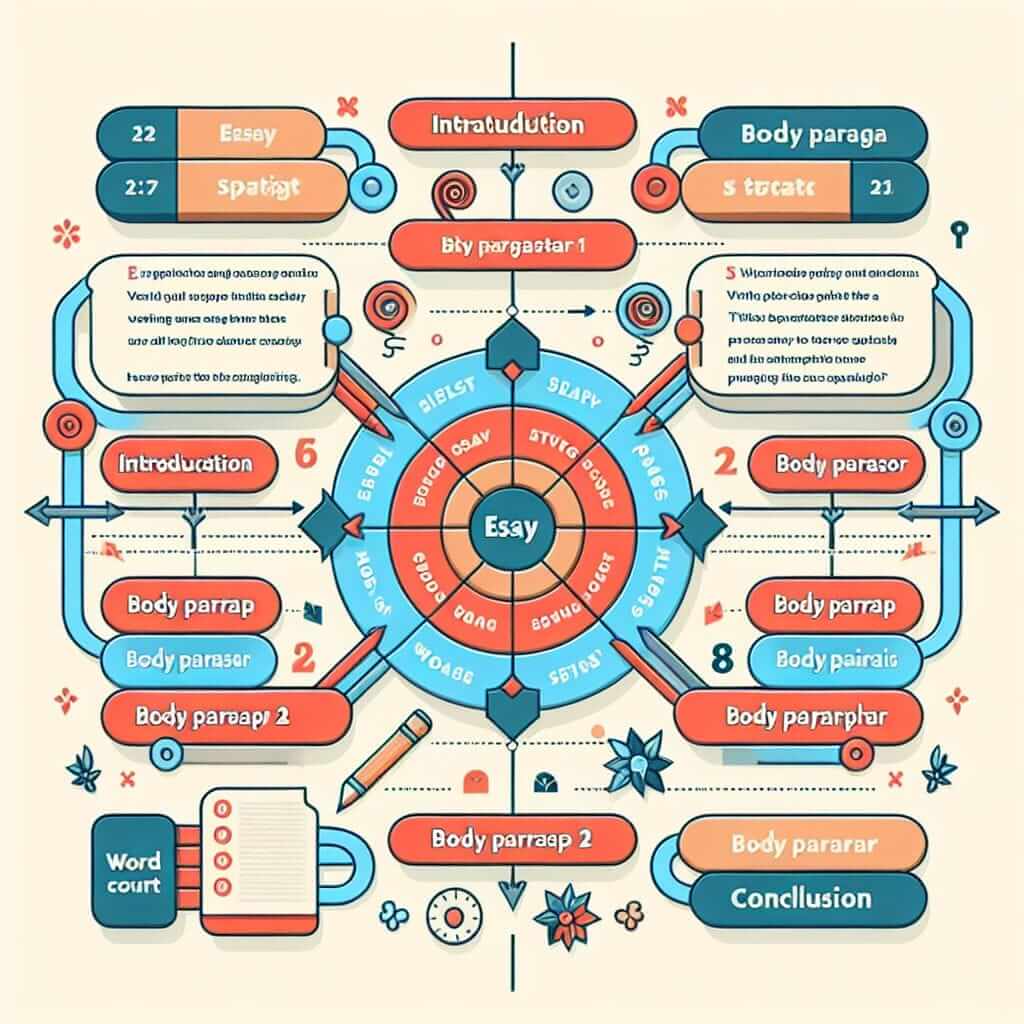Many IELTS candidates worry about encountering unexpected or even “weird” questions during the Speaking test. A common concern is being asked about personal habits like drinking alcohol. Rest assured, “Do you drink alcohol?” is not a topic you’ll encounter in a legitimate IELTS Speaking exam.
Why “Do You Drink Alcohol?” is Inappropriate for IELTS
The IELTS Speaking test assesses your English language proficiency, not your personal beliefs or lifestyle choices. Questions about alcohol consumption are:
1. Culturally Insensitive
Drinking alcohol is restricted or forbidden in some cultures and religions. Asking about it can be offensive or put candidates at a disadvantage.
2. Irrelevant to Language Ability
Your ability to discuss alcohol consumption doesn’t reflect your English skills. IELTS focuses on grammar, vocabulary, fluency, and pronunciation.
3. Potentially Discriminatory
Answers about alcohol could be misinterpreted or even used to discriminate against candidates based on assumptions.
 IELTS Speaking Test Topics
IELTS Speaking Test Topics
What You CAN Expect in IELTS Speaking Part 1
Instead of personal habits, Part 1 focuses on familiar topics like:
- Hobbies
- Daily routines
- Hometown
- Weather
- Travel
- Food
You’ll be asked general questions requiring you to provide descriptions, express opinions, and share experiences.
Sample IELTS Speaking Part 1 Questions (Similar Theme)
While you won’t be asked about alcohol, you might discuss related topics like:
- What do people in your country like to drink in social situations?
- Is it common for people to eat out at restaurants in your culture?
- How have food and drink traditions changed in your country?
These questions focus on cultural observations and trends, not personal habits.
Tips for Handling Unexpected Questions
Although unlikely, if you encounter a question that makes you uncomfortable:
- Politely express that you’d prefer to discuss a different topic.
- Redirect the conversation to a related but more appropriate area.
- Remember, the examiner wants to hear you speak English, so find a way to demonstrate your skills within your comfort zone.
Conclusion
Don’t let worries about inappropriate questions distract you from your IELTS preparation. Focus on practicing common topics, expressing yourself clearly, and showcasing your English language abilities. Remember, the IELTS Speaking test is designed to assess your communication skills in a fair and respectful manner.


